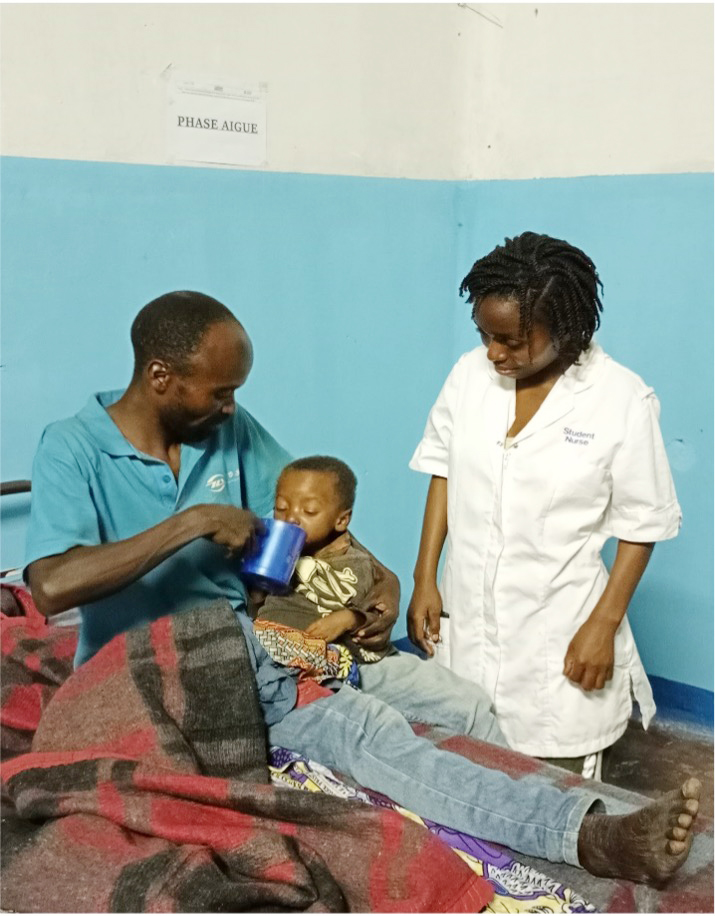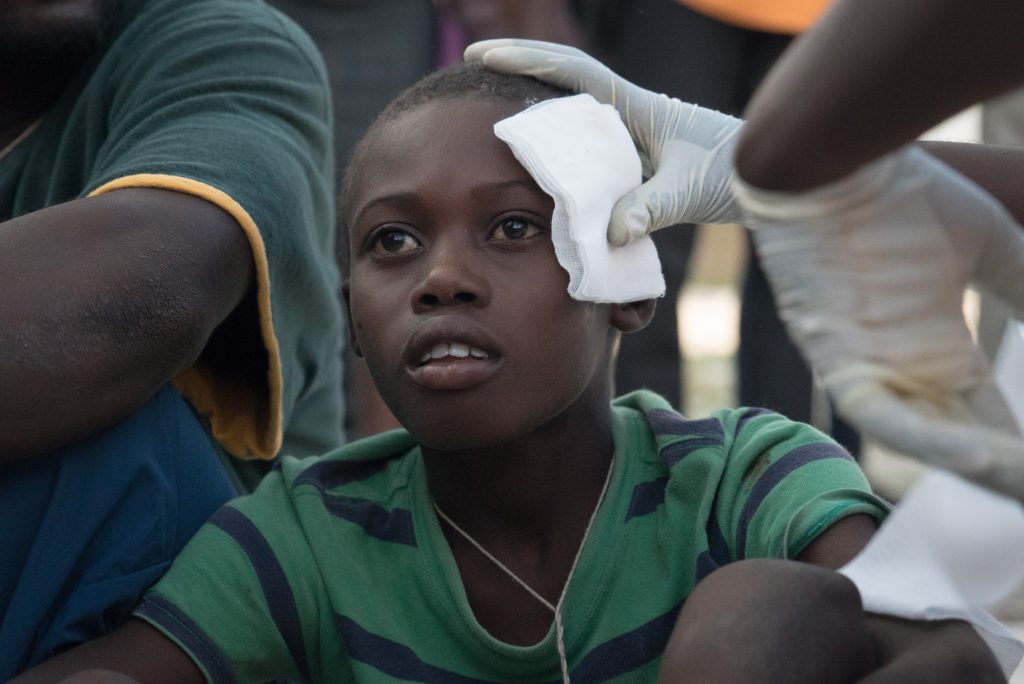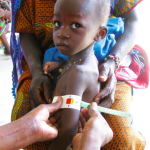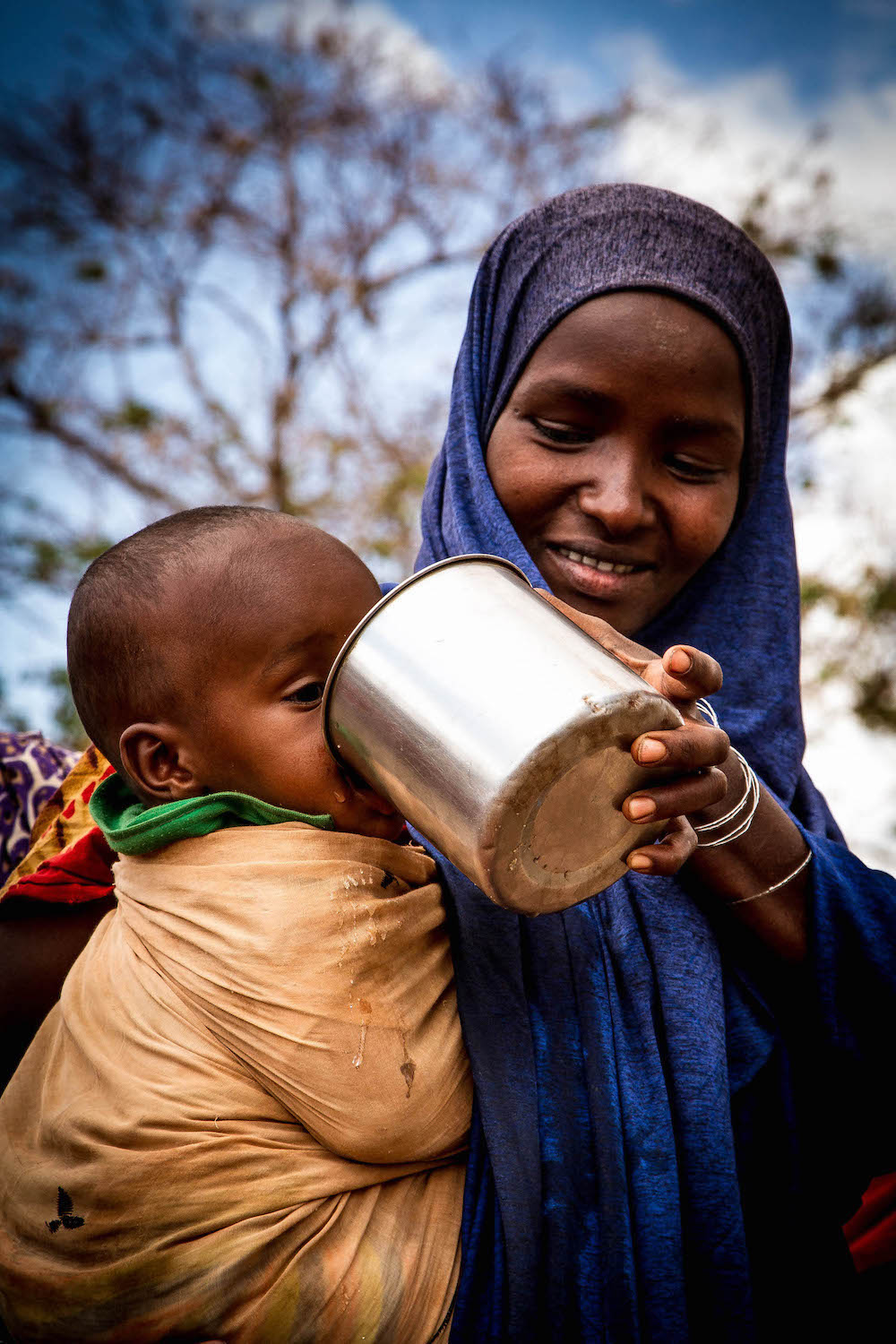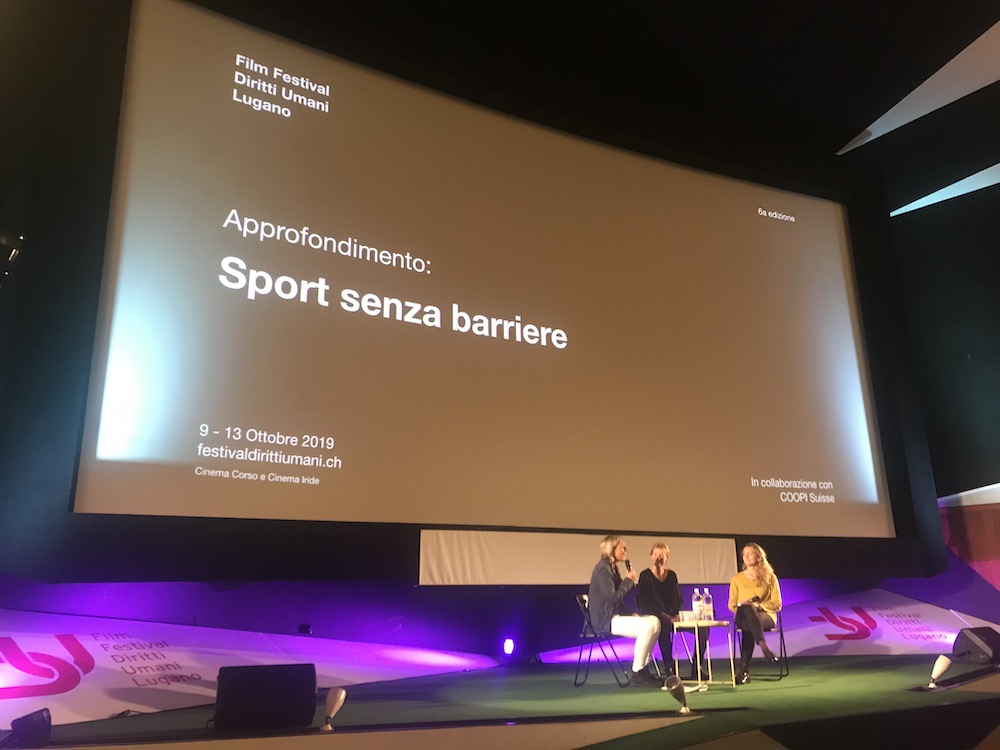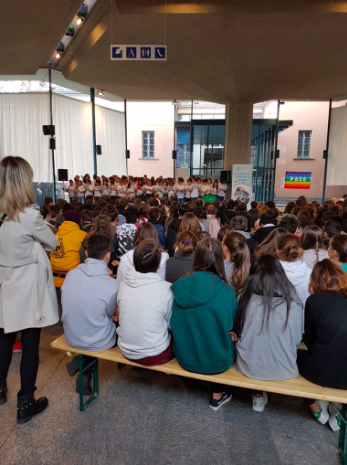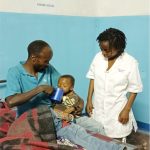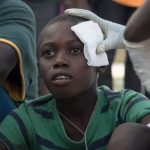In Bolivia, and particularly in the Andean countries, families rely more on popular medicine than on academic medicine. There are several reasons for this:
- - the costs are lower, so poorer families feel safer in case of need;
- - folk medicine has a long history and is now part of the culture of communities;
- - folk doctors are part of the communities, they are therefore figures to whom families turn in total trust even for psychological advice, without any formality and in environments that are familiar and safe for them;
- - Even when academic medicine is needed, people still turn first to the people's doctor for consultation and confirmation.
In order to defend the culture of the Bolivian communities and at the same time guarantee the right medical care, in recent months we have launched a project to bring the two closer together. 620 folk doctors and 20 academic doctors are training in the two fields and learning from each other how to combine them so that Bolivians can receive proper care in any situation.
For example, the folk doctors are taught how to sterilise the procedures for the production of phytotherapeutic medicines, while the academic doctors are taught how to enrich therapies through ointments, poultices, herbs and flowers that support traditional therapies.
This fusion of folk and academic medicine is paying off and 10,300 people are benefiting from this project.

